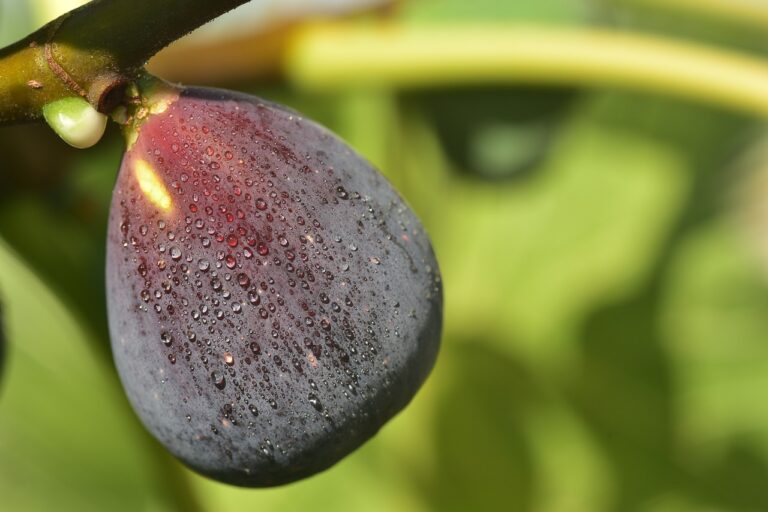The Impact of Food Industry on Pollinator Health: Supporting Bee Conservation Efforts
Pollinators play a critical role in food production by facilitating the reproduction of plants through transferring pollen from the male to the female parts of flowers. This process is essential for the production of fruits, vegetables, and seeds that form the basis of our diets. Without pollinators, many crops would not be able to produce the fruits and seeds necessary for human consumption, leading to a significant reduction in global food supply.
In addition to directly impacting food production, pollinators also contribute to the health and diversity of ecosystems. By promoting the growth of wild plants, pollinators help maintain balanced ecosystems and provide habitats for a wide range of organisms. The decline of pollinators could lead to a domino effect, disrupting the natural balance of ecosystems and potentially jeopardizing the survival of many plant and animal species.
Pollinator Decline and Its Causes
Pollinator decline has become a pressing issue in recent years, posing a significant threat to global food production. One of the major causes of this decline is habitat loss and fragmentation, which is primarily driven by urbanization, industrial agriculture, and deforestation. As natural habitats shrink, pollinators struggle to find food sources and suitable nesting sites, leading to a decrease in their populations.
Pesticide use is another key factor contributing to the decline of pollinators. The widespread application of chemical pesticides in agriculture has resulted in the contamination of pollen and nectar, affecting the health and reproductive success of bees, butterflies, and other pollinators. Moreover, certain pesticides have been linked to the weakening of pollinators’ immune systems, making them more susceptible to diseases and parasites.
Habitat loss and fragmentation due to urbanization, industrial agriculture, and deforestation
Decrease in natural habitats leading to a struggle for food sources and nesting sites by pollinators
Pesticide use contaminating pollen and nectar affecting health and reproductive success of bees, butterflies, etc.
Weakening of pollinators’ immune systems due to certain pesticides making them more susceptible to diseases and parasites.
The Role of the Food Industry in Pollinator Health
The food industry plays a critical role in the health and well-being of pollinators. By reducing the use of harmful pesticides and implementing sustainable farming practices, food producers can create environments that are more conducive to pollinator populations. Supporting organic and agroecological farming methods can help protect pollinators from the negative impacts of industrial agriculture.
In addition to adopting environmentally-friendly practices on their own lands, food producers can also play a role in advocating for policies that protect pollinator populations. By working with policymakers and supporting initiatives that promote pollinator health, the food industry can help create a more sustainable and pollinator-friendly future. Collaboration between food producers, policymakers, and conservation organizations is essential in addressing the threats facing pollinators and ensuring the continued health of our food systems.
Why are pollinators important in food production?
Pollinators, such as bees and butterflies, play a crucial role in the pollination of many crops, which helps to increase yields and improve the quality of fruits and vegetables.
What are the main causes of pollinator decline?
Pollinator decline can be attributed to factors such as habitat loss, pesticide use, climate change, and disease.
How can the food industry support pollinator health?
The food industry can support pollinator health by implementing sustainable agricultural practices, reducing pesticide use, promoting pollinator-friendly habitats, and supporting research into pollinator health.
What are some examples of pollinator-friendly practices in the food industry?
Some examples of pollinator-friendly practices include planting wildflowers around fields, using organic or pesticide-free farming methods, and supporting local beekeeping initiatives.
How can consumers support pollinator health through their food choices?
Consumers can support pollinator health by choosing organic or pesticide-free produce, buying honey from sustainable beekeepers, and advocating for policies that protect pollinator habitats.







